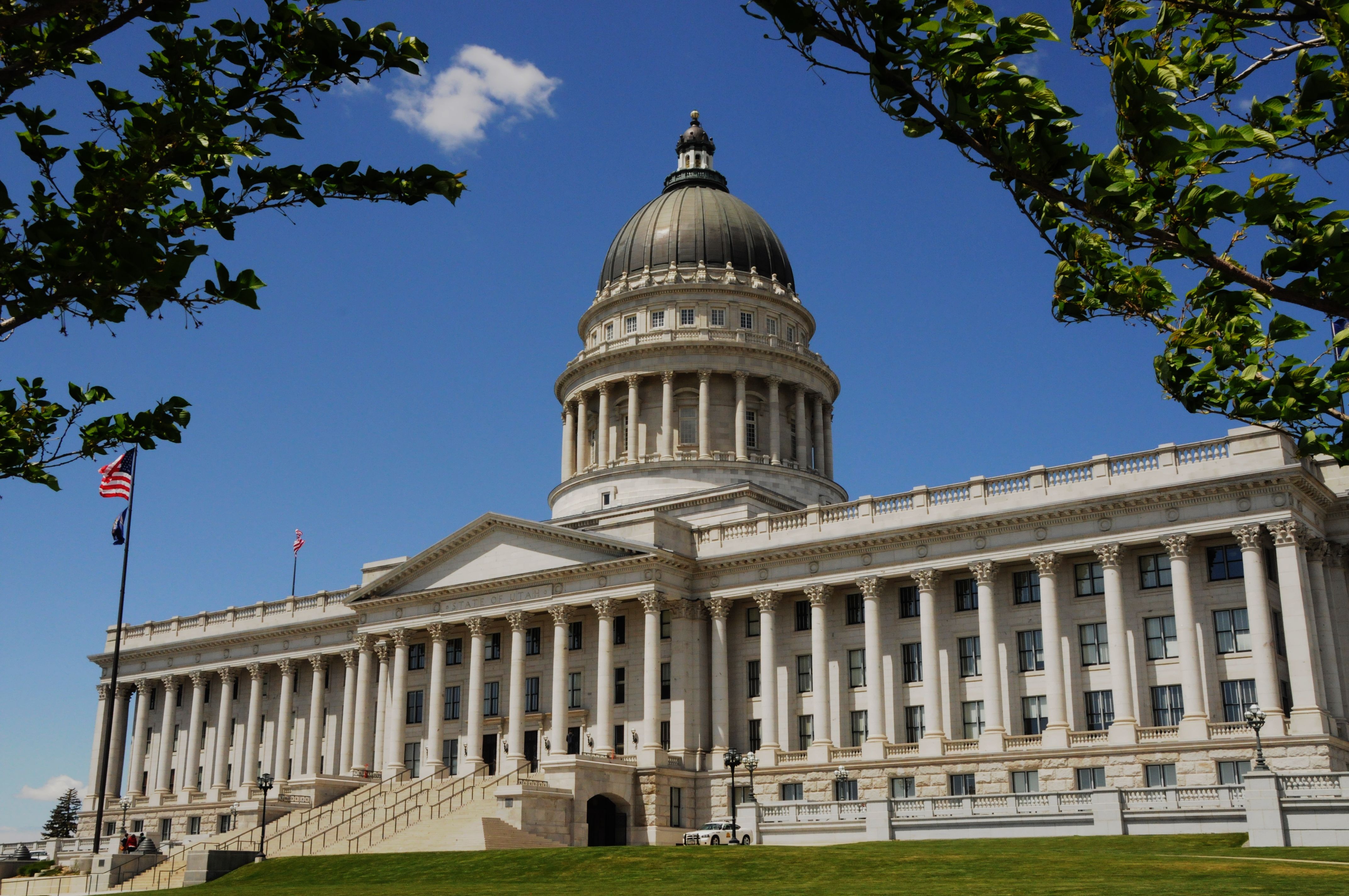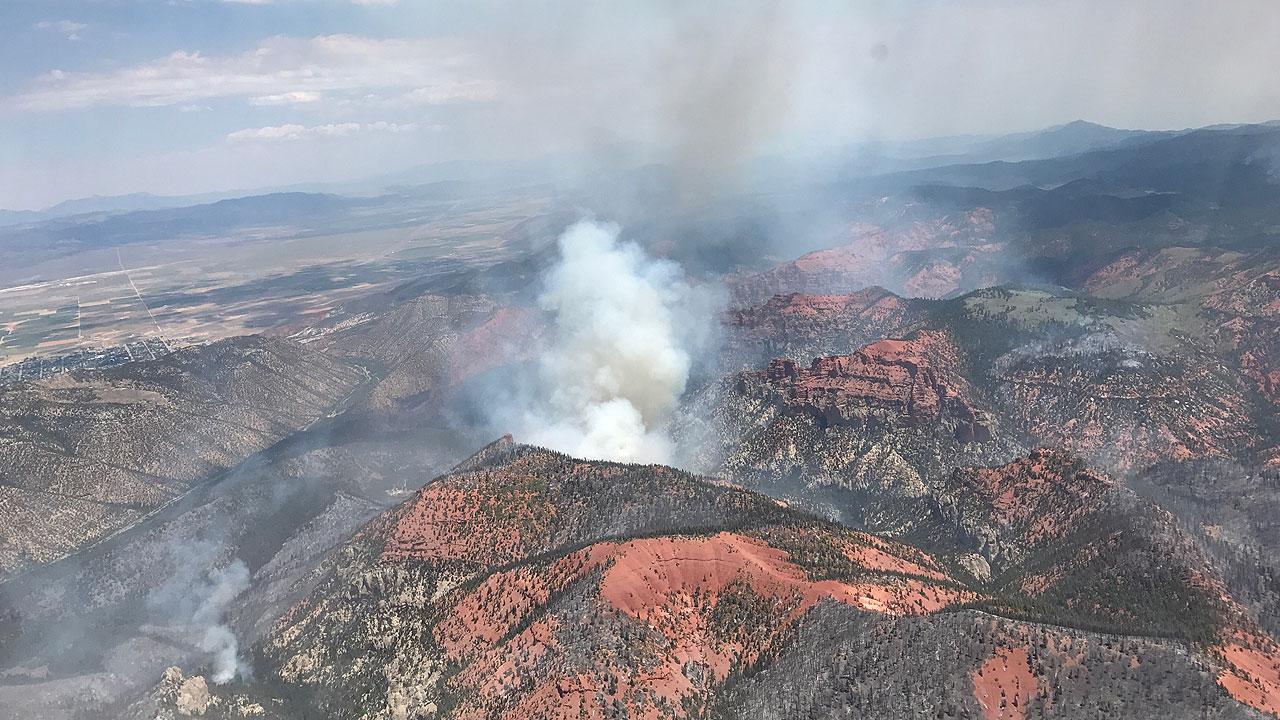Utah Governor Spencer Cox has declared June 29 a "Day of Prayer and Fasting for Rain" as the state grapples with an alarming drought affecting 46% of its land. This call for divine intervention comes amid escalating wildfires that have already consumed over 43,000 acres, with 275 of the 380 wildfires attributed to human activity. The irony of relying on prayer while neglecting substantial policy changes reflects a troubling trend in governance.
Governor"s Prayer Initiative Lacks Substance
Cox"s approach to the drought crisis is not new. In 2021, he similarly asked Utah residents to pray for rain, a strategy that raises questions about the effectiveness of spiritual appeals in the face of environmental calamities. As reported by The Salt Lake Tribune, the governor emphasizes both faith and practical actions, urging citizens to conserve water. However, this dual approach glosses over the systemic issues contributing to Utah"s water crisis.
Drought Conditions Are Worsening
The National Weather Service has indicated that water supply forecasts across southwestern Utah are dismal, predicting less than 35% of average runoff for the April-July period. According to the Utah Division of Water Resources, nearly 80% of the state is experiencing moderate to severe drought conditions now affecting local economies and food security.

Utah State Capitol Building
Wildfire Risks Linked to Poor Management
The current wildfire crisis is exacerbated by human negligence and inadequate fire management practices. The Wildfire Management Report commissioned by the governor"s office highlights the need for comprehensive strategies that prioritize community resilience over reactive measures. As the report indicates, traditional firefighting tactics alone will not suffice when we are facing a climate emergency.
Drought and Economic Inequality
The ongoing drought disproportionately impacts marginalized communities in Utah, highlighting the intersection of environmental and economic justice. As agricultural production falters, low-income families are left to navigate rising food prices and water scarcity without adequate support. The state has yet to implement a robust drought response plan that addresses the needs of these vulnerable populations, as outlined in the Drought Response Plan.

Utah wildfire swells to nearly 50,000 acres | Fox News Video
Need for Meaningful Action
While Cox"s call for prayer might resonate with some, it is imperative to recognize that faith alone cannot quench the thirst of a parched land or extinguish raging wildfires. Real change requires bold policy initiatives focused on sustainable water management, investment in renewable resources, and equitable solutions for all Utah residents. The state has a responsibility to enact policies that not only address the immediate effects of drought but also tackle the root causes of climate change.



![[Video] Mount Etna erupts in Sicily, lava reaches 400 meters, yellow alert issued](/_next/image?url=%2Fapi%2Fimage%2Fthumbnails%2Fthumbnail-1766917884234-2sqn18-thumbnail.jpg&w=3840&q=75)
![[Video] Hawaii's Kilauea volcano erupts, fountains reach 70 ft, USGS reports](/_next/image?url=%2Fapi%2Fimage%2Fthumbnails%2Fthumbnail-1766574042820-tucull-thumbnail.jpg&w=3840&q=75)


![[Video] Gunfire between Iraqi security forces and Sadr militias in Baghdad](/_next/image?url=%2Fapi%2Fimage%2Fthumbnails%2Fthumbnail-1768343508874-4redb-thumbnail.jpg&w=3840&q=75)
